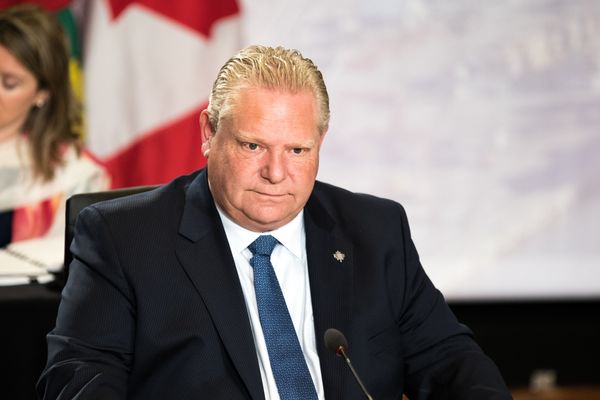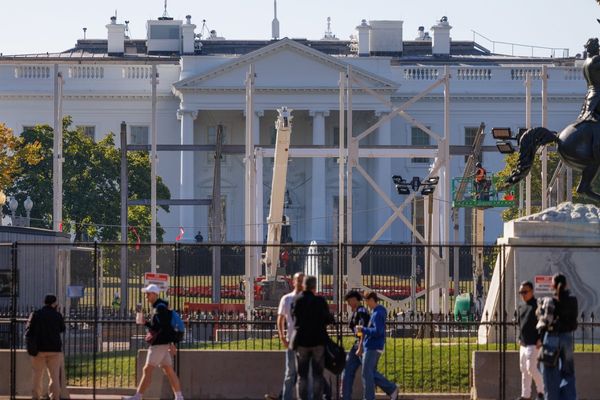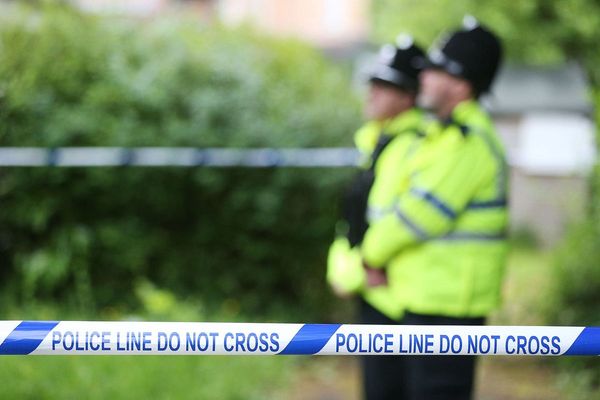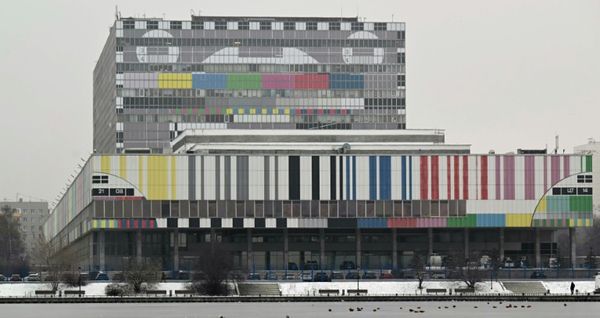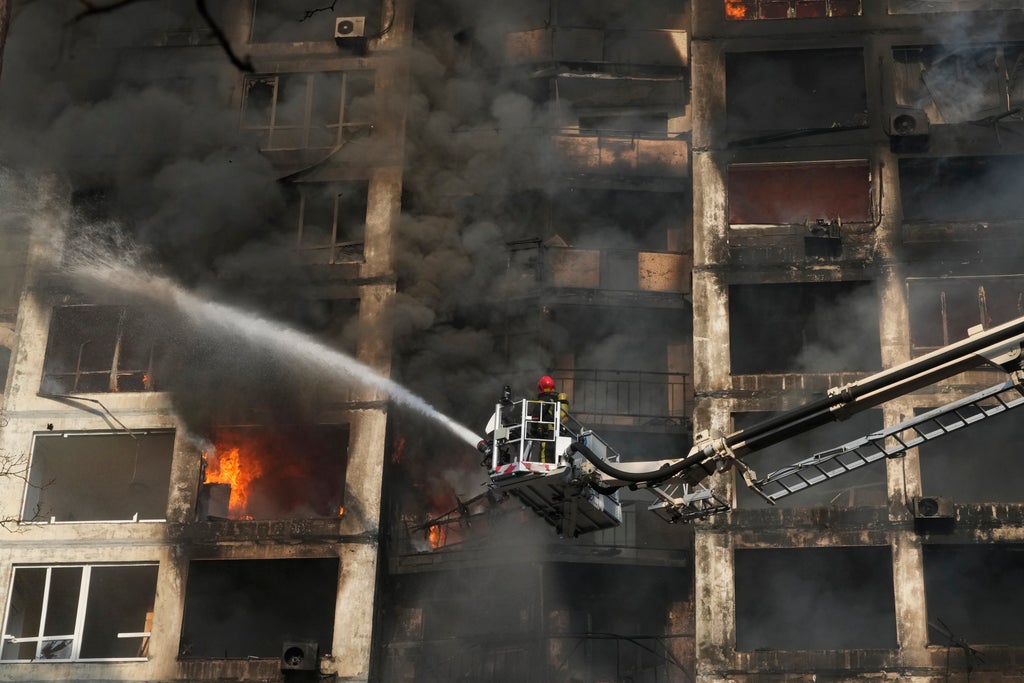
Loud blasts thundered through Kyiv just before dawn Tuesday as Russian forces escalated their bombardment on the Ukrainian capital, deepening the humanitarian crisis in the war's third week. Officials from both countries agreed to more talks, despite the failures of diplomacy so far.
The numbers tell the story of a devastating human toll. More than 2.8 million people have been forced to flee their homes. Thousands of soldiers and civilians are dead. Food and water are running out in besieged Mariupol. On Tuesday a projectile slammed into a 15-story apartment building, and at least one person there died.
“Ukraine is on fire,” United Nations chief Antonio Guterres warned. “The impact on civilians is reaching terrifying proportions.”
As the offensive edged closer to central Kyiv, the leaders of three NATO member countries planned to visit the battered Ukrainian capital in a show of support.
Here are some key things to know about the conflict:
WHAT IS HAPPENING ON THE GROUND?
Fighting for Kyiv has intensified, with artillery fire echoing through the city and Russia launching a flurry of strikes that early Tuesday blew out windows and ignited a huge fire in an apartment in western Kyiv. At least one person was killed as rescue efforts continued.
Russian forces also stepped up strikes overnight on the capital’s northwest suburbs, the head of the Kyiv region said. Explosions around the city caused significant structural damage, with shockwaves from a blast tearing through the entrance of a downtown subway station that has been used as a bomb shelter and another fire erupting in Kyiv's Podilsky district, north of the government quarter.
The day before, at least four people were killed and more wounded when Russian strikes on the capital slammed into Ukraine’s largest aircraft factory and a nine-story apartment building.
Elsewhere in the country, a Ukrainian army official said Russian forces unleashed new artillery strikes on downtown Kharkiv in the east and renewed their offensive on strategic port city of Mariupol in the south.
After days of relentless Russian shelling on encircled Mariupol, 150 cars carrying hundreds of civilians managed to escape the besieged city.
Hundreds of thousands of people, however, remain trapped there. Escalating Russian bombardment on the Azov Sea port city thwarted a convoy of vehicles trying to bring food, water and medicine to desperate residents. The war has wrought immense suffering in Mariupol, with aid groups warning large numbers of people could face starvation.
WHAT HAS THE AP DIRECTLY WITNESSED OR CONFIRMED?
Flames gutted an apartment building in the Svyatoshynskyi district of western Kyiv as emergency workers rushed to rescue people from ladders and douse the blaze.
Thick, dark smoke choked the air. A firefighter at the scene confirmed one person died and that several have been rescued alive — but that more remained trapped inside.
The war's burden has continued to fall heaviest on the most vulnerable. Over one million children have fled the country, and many more have been displaced.
Pasha Bychkov, 10, said his family fled Kharkiv after a bomb struck their apartment building.
“We don’t want to go back there,” Pasha said from the city of Lviv, where he resumed school on Monday.
WHAT IS THE STATUS OF DIPLOMACY?
Although Russian and Ukrainian officials have struck a positive note about ongoing talks, there have been no breakthroughs at the negotiating table as the war grinds on.
Ukrainian negotiators were set to meet their Russian counterparts again on Tuesday after a brief pause. Ukrainian President Volodymyr Zelenskyy described the previous round as “good,” without providing details.
A flurry of diplomatic activity drew in leaders around the world.
The leaders of Poland, the Czech Republic and Slovenia plan to travel Tuesday to Kyiv on a European Union mission to show support for Ukraine.
Israeli Prime Minister Naftali Bennett continued his mediation efforts in calls with both Russian President Vladimir Putin and Zelenskyy on Monday.
The U.S. said Russia would have to show signs of de-escalation to demonstrate good faith. Putin's invasion has sparked talk in the American security establishment of building up U.S. military power in Europe on a scale not seen since the Cold War.
Meanwhile, world powers continued their efforts to punish Moscow.
Japan’s government said it is freezing the assets of 17 more Russian politicians, tycoons and their relatives to step up sanctions and pressure Moscow to end its invasion, bringing the total number of Japan’s asset freezes to 61.
The European Union announced that the 27-nation bloc has approved a new set of sanctions on Russia to further isolate Russia and drain its resources for the war. France said the EU also approved a declaration to the World Trade Organization to suspend the most-favored-nation clause for Russia, withdrawing its special treatment throughout the bloc.
